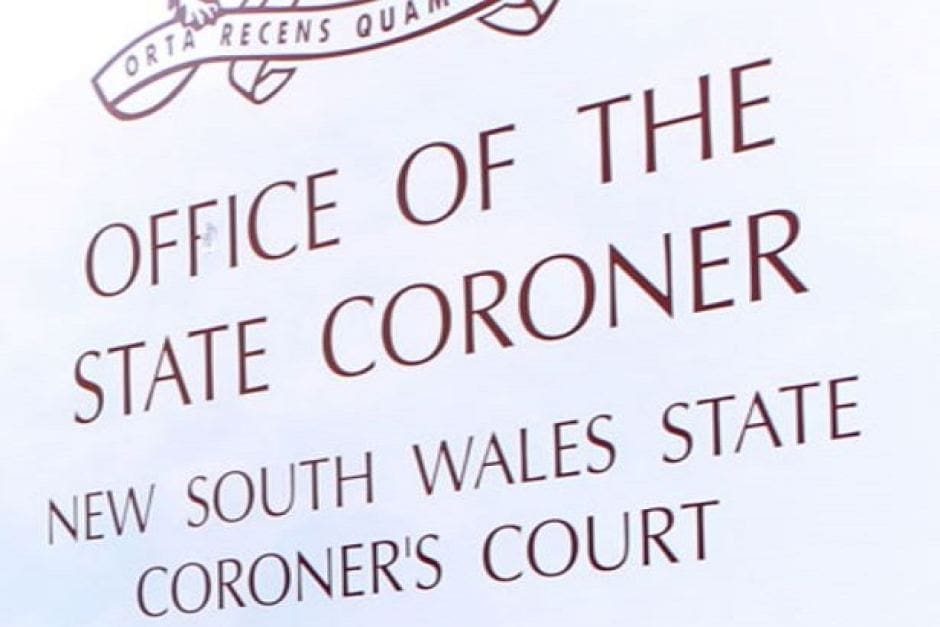The topic of death is a tricky one to navigate, especially when it is the result of unusual circumstances.
Coroners play an important role in investigating certain deaths, fires and explosions, by collecting and examining evidence and making findings. During this process, coroners must delicately balance the rights of the public and the rights of individuals against each other.
It is important to protect the privacy of individuals, especially the deceased, who can no longer speak for themselves. Coroners must also navigate between the families right to privacy, whilst informing them of the circumstances surrounding their loved ones death.
The process
Once a death is reported, the coroner begins the process of investigating the circumstances of the death to establish the medical cause of death. This may involve a coronial investigation, or an inquest.
Reportable deaths include deaths where:
- The person’s identity is unknown
- The death was violent or unnatural
- The death happened in suspicious circumstances
- A ‘cause of death’ certificate hasn’t been issued
- The death was related to health care
- The death occurred in care, custody or as the result of police operations
Coronial investigations or inquest?
(a) Investigation
Generally, when a death occurs, the death is reported to the coroner by the police, or medical practitioner, who attends the scene.
Once a death is reported, the coroner investigates the circumstances of the death to establish the identity of the deceased and the medical cause of their death. In most cases, the coroner will order an autopsy to help determine how and why the person died. Once the autopsy is complete, the body of the deceased is released to the family for burial and a copy of the coroner’s written findings is sent to the family.
During this period of investigation, the coroner has wide powers of investigation, and can request additional reports or information from police, doctors, engineers as well as professional inspectors and witnesses. A coroner can also decide whether to hold an inquest into the death, either on their own accord or at the request of the family.
(b) Inquests
An inquest is a court hearing where the Coroner considers evidence to determine the identity of the deceased and the date, place, manner and cause of death of the deceased.
It is important to understand that not all deaths will be the subject of a coronial inquest. Rather, very few coronial investigations proceed to inquest.
An inquest must be held if:
- Death occurred in custody
- Death occurred as a result of police operations
- State coroner orders that an inquest is to be held
- There is a request in writing to the coroner which successfully outlines why it is in the public’s best interest to conduct an inquest
As well as making findings concerning the cause and manner of the death, the Coroner’s Court uses an inquest to make recommendations to Government agencies and regulatory bodies. Such recommendations are aimed at preventing future deaths in similar circumstances.
Consider the inquest into the death of Melissa King. The State Coroner’s Court of New South Wales found that Ms King had died as a result of the hospital system shortcomings. Upon attending Blacktown Hospital, Ms King was treated for vomiting and later died as a result of sodium and fluid overload. In light of these events, the inquiry recommended the introduction of a New Clinical Handover Policy which outlines that core observations of a patient must be conducted at a minimum 3 times per day.
If you have been affected by any of the issues raised in this article, please do not hesitate to contact Freedman & Gopalan Solicitors on (02) 8999 9837 or by email to reception@freedmangopalan.com.au to discuss your legal avenues!

